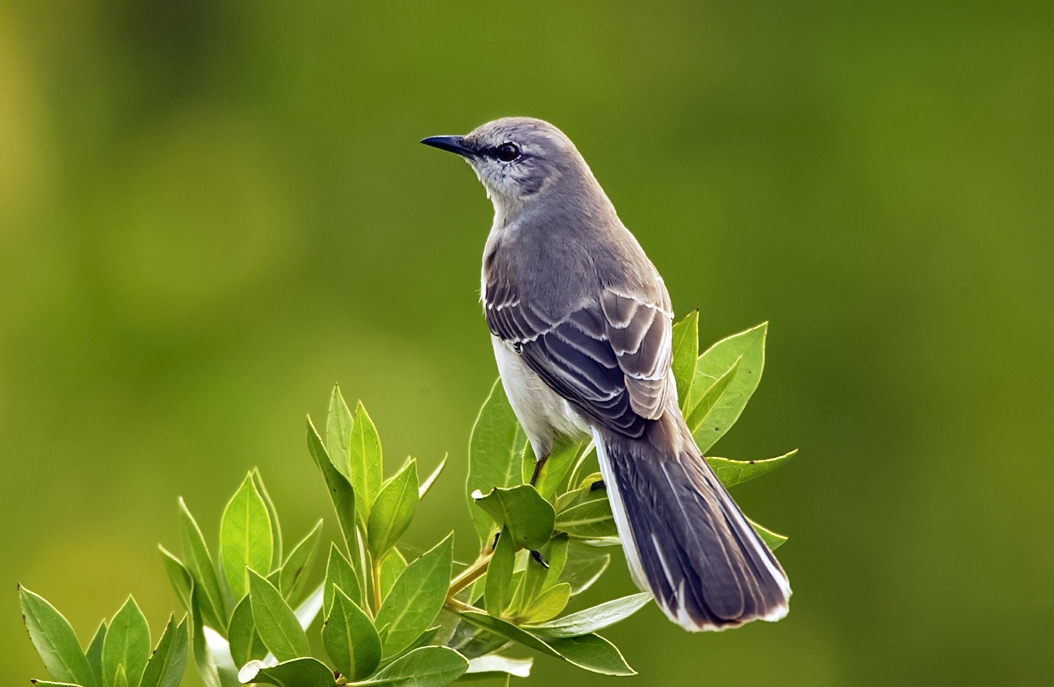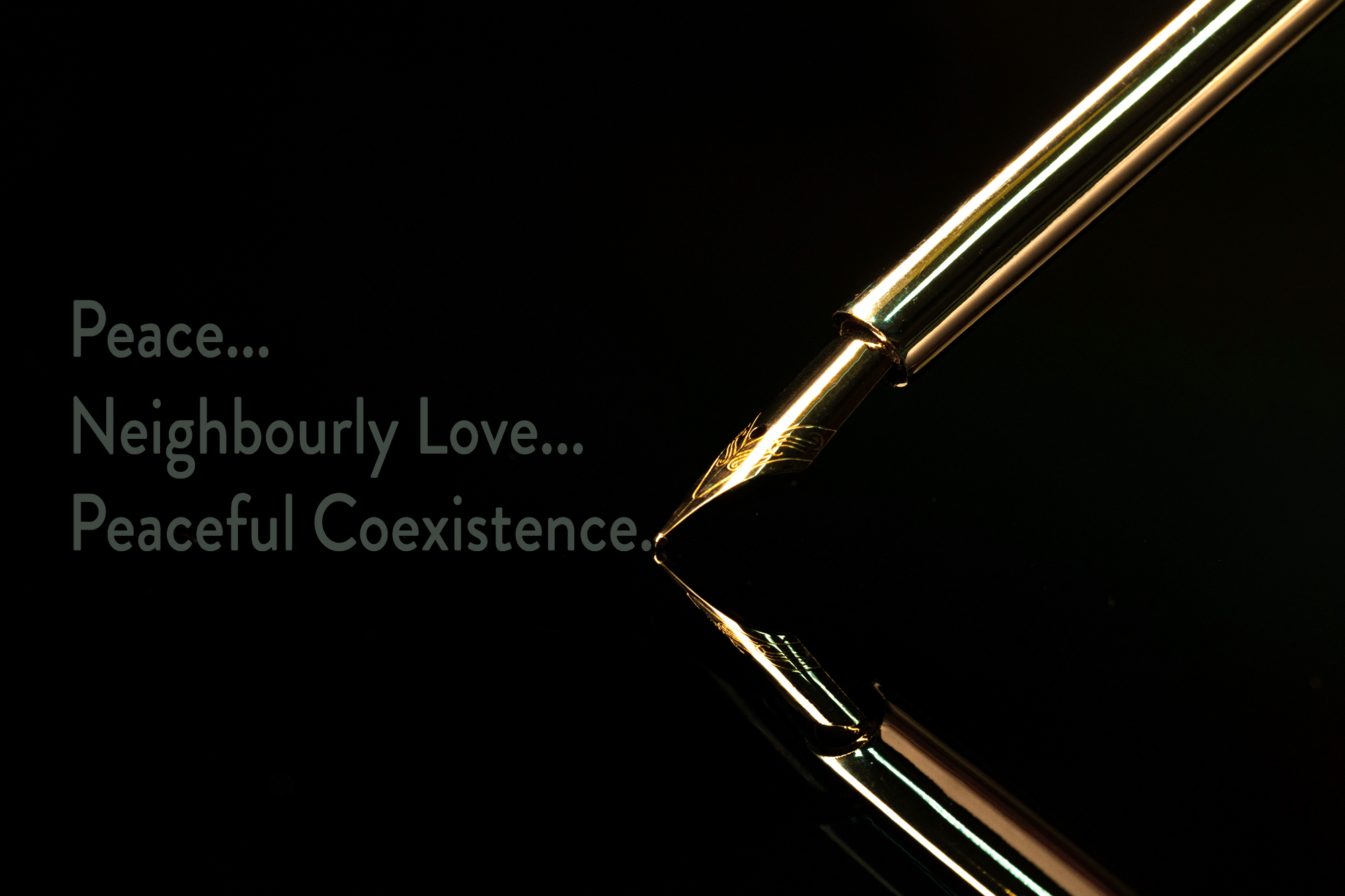
Atticus said to Jem one day, “I’d rather you shot at tin cans in the back yard, but I know you’ll go after birds. Shoot all the bluejays you want, if you can hit ’em, but remember it’s a sin to kill a mockingbird.”
That was the only time I ever heard Atticus say it was a sin to do something, and I asked Miss Maudie about it.
“Your father’s right,” she said. “Mockingbirds don’t do one thing but make music for us to enjoy. They don’t eat up people’s gardens, don’t nest in corncribs, they don’t do one thing but sing their hearts out for us. That’s why it’s a sin to kill a mockingbird.”
(Harper Lee, “To Kill a Mockingbird”/”Wer die Nachtigall stört”, ©1960, 1988: Harper Lee)
“Eines Tages sagte Atticus zu Jem: “Es wäre mir lieber, wenn Du auf Blechdosen schießen würdest, aber ich weiß, Du wirst Dich an Vögel heran machen. Schieße auf so viele Blauhäher, wie Du willst, wenn Du sie triffst, aber es ist eine Sünde, eine Nachtigall zu töten.” Das war das einzige Mal, dass ich Atticus sagen hörte, dass etwas eine Sünde sei, darum sprach ich mit Miss Maudie darüber.
“Dein Vater hat recht”, sagte sie. “Nachtigallen tun nur das eine, sie machen Musik für uns, zur Freude. Sie fressen sich nicht durch die Gärten der Leute, nisten nicht in den Maisspeichern, sie tun nichts außer sich das Herz für uns aus dem Leibe zu singen. Darum ist es eine Sünde, eine Nachtigall zu töten.”
(Meine Übersetzung, nach deutscher Ursprungsübersetzung, “Nachtigall”.)
